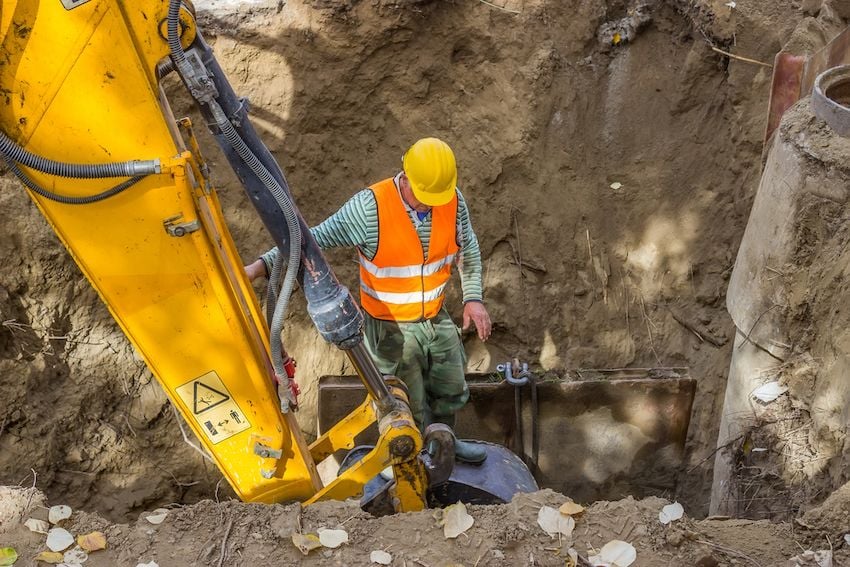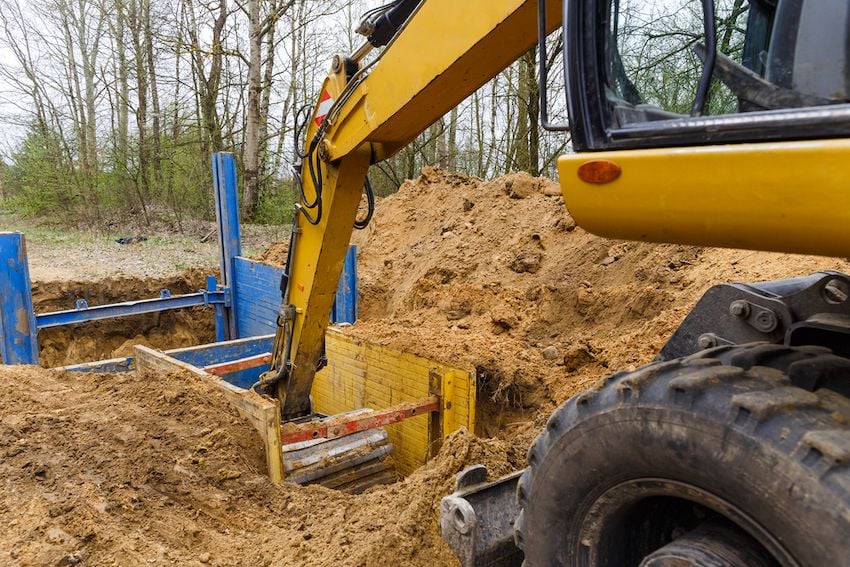Dispatching knowledgeable damage prevention professionals to job sites to oversee digging or otherwise working with excavators to prevent damages is a common tactic used by critical infrastructure owners and operators. Often, these utility-excavator encounters go without incident. The utility representative explains the purpose of their presence, and the excavator respects the conditions the representative sets forth.
Unfortunately, that’s not true of all encounters. Sometimes, excavators are verbally or even physically abusive, both of which impact the utility representative’s safety and wellbeing.
Although it’s not possible to de-escalate every interaction—some will require the utility representative to leave—it’s wise for utility companies to train damage prevention professionals on how to mitigate tense encounters. Doing so will not only prevent incidents to critical infrastructure but to themselves.
Why are some excavators agitated?
The purpose of utility protection programs is to prevent damages to critical underground infrastructure. Stopping damages benefits the utility company, of course, as it limits customer service outages. In the case of oil and gas and gas utilities, it also reduces the amount of dangerous substances released into the environment.
But, utility protection programs also benefit excavators. That’s because excavators have to stop work any time there is a utility strike, delaying their project and costing them money. If they’re at fault for damages, they have to foot the bill for repairs. And, striking underground infrastructure threatens worker safety. No excavator, agitated or not, wants their workers to be seriously injured or killed on the job.
So, why are some excavators combative when utility representatives appear on their job sites? Sometimes the agitation stems from a historical issue. Perhaps there was a utility strike in the past, and the excavator had to pay for damages when they didn’t feel they were at fault. Or, maybe they feel another company employee was disrespectful to them.
Another reason for agitation is that they may think the utility representative will slow down their work. It’s difficult to neglect best practices—like not digging within the tolerance zone or only using vacuum or hand digging tools near infrastructure—with someone closely watching your moves.
Finally, the COVID-19 pandemic may be the source of some excavators’ agitation. Medical professionals including David H. Rosmarin, PhD, of McLean Hospital, a Harvard Medical School Affiliate, said they’ve observed rising levels of tension and anger in people in and outside of their hospitals. “People are more on edge and one of the ways that they express that is through anger,” Rosmarin told The Harvard Gazette. That could mean a typically level-headed excavator lashing out a utility representative.
Check out: 4 Steps For Successful Field Interventions For Gas Utilities
Excavation safety without compromising worker safety
The best way for utility companies to help ensure the safety of workers is to train them to recognize potential hazards associated with excavator encounters as well as how to defuse a tense encounter when possible.
Below are a few tips to share with utility representatives to help them de-escalate tense encounters.
1. Recognize hazards that are present
Utility representatives should carefully take in their surroundings at every job site. The environment itself could pose a threat. For example, is the encounter happening at night? Is it happening alongside a road? Seemingly innocuous items, like a folding chair or hand digging equipment, can also be dangerous in the hands of an agitated or aggressive person. Utility representatives should also be aware of other people in the area.
2. Make a quick, decisive assessment of the situation
De-escalation isn’t always possible. If it’s not, utility representatives should remove themselves from the encounter immediately. If the representative decides de-escalation is possible, they should be mindful that situations can change very quickly. Staying alert to whether conversation is deteriorating is key to staying safe.
3. Identify the core issue
Most tense encounters stem from a core issue, usually fear, apprehension, or a perceived lack of respect, said Jim Willis, president of InDev Tactical, in a dp-PRO magazine article. “The fearful person will need reassurance that you’ll assuage their concerns. The apprehensive person will need evidence that you’re trustworthy. The person with respect issues will need confidence that your actions are not a personal or reputation attack,” Willis said. “Once you identify and deal with the core issue, your chances of de-escalating the conflict go way up.”
4. Use non-confrontational language
What a person says and how they say it makes a big impact when tensions are high. Utility representatives should speak respectfully, choosing their words carefully and keeping their tone calm. They should truly listen to what excavators have to say and acknowledge their concerns. They should also avoid too many hand gestures, which can be viewed as aggressive.
In addition to sharing these tips, utility companies should incorporate de-escalation training into their overall training program. They should also consider offering self-defense training so their workers may learn safe and proper restraints, should they ever need them.
Finally, utility companies must encourage workers to report every tense encounter, so they may learn what kinds of agitated or aggressive behavior they’re experiencing, where the encounters are occurring, and how frequently they’re occurring. Without reporting, there is no opportunity for future prevention.
Up next: 10 Keystones of a Successful Worker Safety Program

